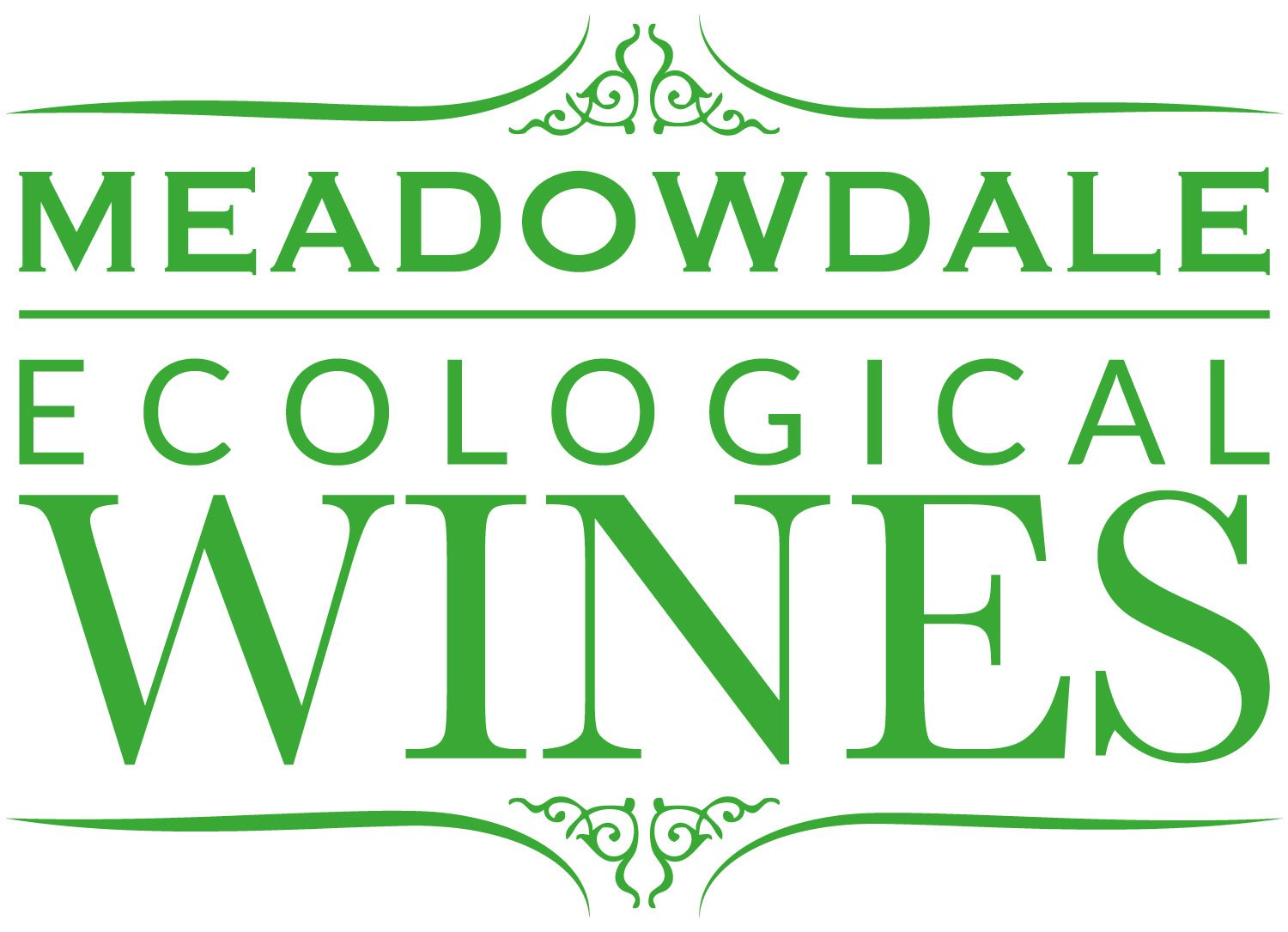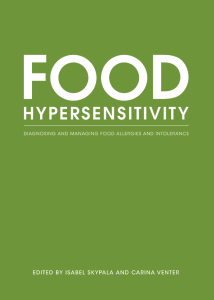Is your wine Vegan?
Many people assume that all wine is vegan or vegetarian. How can it not be?
It is unknown to many (because it does not have to be stated on the bottle) that towards the end of the wine making process the wine may have come in to contact with animal derived products. This is still quite common for many wines.
Why would the wine come in to contact with animal-derived products?
A wine making process called fining is used by wine makers who want to clarify and stabilise the wines by adding so called fining agents to remove proteins, yeast, and other organic particles which are in suspension during the making of the wine. This is where the animal products may come in.
Historically blood powder was used as a fining agent, however these days other common fining agents are used, such as:
• Isinglass (fish swim bladder)
• Gelatin
• Albumin (egg whites)
• Casein (animal milk protein)
The reason why winemakers carry out fining on their wine is to improve appearance, quality and flavour. Given time gravity will have the same effect as fining. However, winemakers may specifically want to carry out fining on a wine that needs to be consumed young (not suitable for ageing) when time and flavour is of the essence.
Nevertheless, more and more vegan or vegetarian wine is becoming available. If winemakers choose to carry out fining on their wine without animal derived products they may use:
• Bentonite clay
• Agar agar
• Activated charcoal
• Fining agents derived from potatoes and peas
Below we have listed producers we import from who produce vegan/vegetarian wines or take a look at our Vegan Wine Section in the Shop: Hoya del Navio, Movia, Le Fraghe (red wines).













